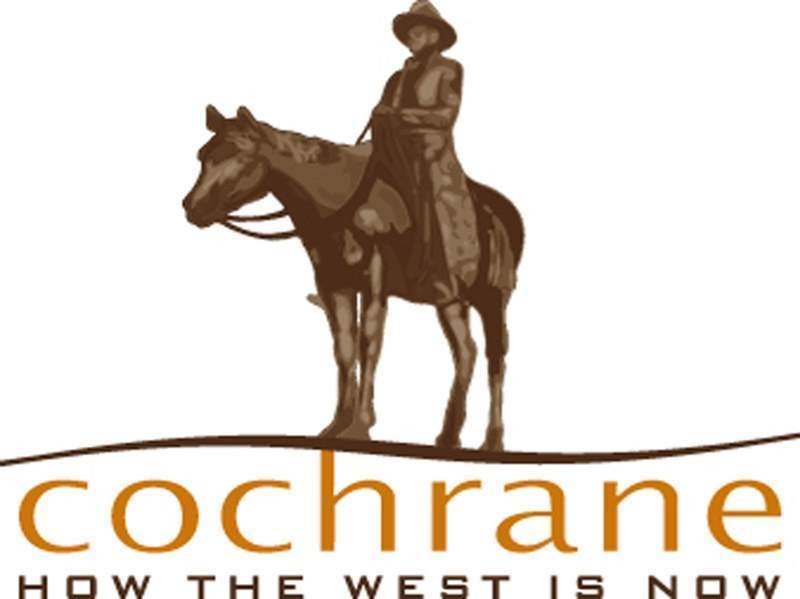*Clarification: If council approves the program, organic waste collection would not commence until 2017, however, because MSI funding will not be used to purchase the bins (like it was for recycling containers) a fee will begin in 2016 to reflect the need to purchase the organic waste bins.
*Clarification: If council approves the program, organic waste collection would not commence until 2017, however, because MSI funding will not be used to purchase the bins (like it was for recycling containers) a fee will begin in 2016 to reflect the need to purchase the organic waste bins.
Cochrane residents could soon be diverting their organic waste products from landfill, which, according to the Town of Cochrane, make up roughly 50 per cent of all waste that is tossed into garbage bins.
Sharon Howland, waste and recycling manager for the town, said Cochrane's hand is being led by the City of Calgary, which will no longer accept organic waste in its landfills starting in 2019.
Howland said the town's ‘zero waste' goal would take a giant leap forward with the diversion of organics. The town currently diverts 42 per cent of its waste through its recycling program, but with the implementation of organics could get much closer to its goal of 80 per cent by 2020.
“People don't really realize how many organics they are generating, ” explained Howland, saying people tend to believe that around 10 per cent of their household waste is organics, when in fact it is around 50 per cent.
In addition to organics, the town's pathways toward zero waste include multi-family recycling (which was recently approved), industrial commercial institutional recycling, construction and demolition recycling and events and public spaces.
In a survey conducted by the town, it was determined that 85 per cent of households would utilize an organics collection program, with 73 per cent preferring both food and yard waste to be collected together.
Howland recommended the town implement a curbside program with weekly pickup from April to November and biweekly from December to March, with added pickup during the Holidays.
The organics bin would be a 120 litre container and could also be used for yard waste.
At present, residents pay $19.60 a month for waste and recycling collection, and with the addition of organics, the cost would increase to $21.20 in 2016 and ultimately $23 in 2017.
Those who produce more organic waste than can fit into the 120 litre bin would be able to purchase a compostable bag to dispose of the added organics, much like residents are able to do with recycling materials.
In addition to Calgary's current pilot program, which Howland said saw a satisfaction rate of 89 per cent, Airdrie recently implemented an organic waste diversion program and experienced a 20 per cent reduction in the city's overall waste.
Councillor Jeff Toews, who supported the program, was concerned with the fact that the plan recommended collection of organics and recycling on one day and garbage on the following day.
Toews said he believed it would be much better to have all three bins collected on the same day, both for parking issues and simplicity for residents. Howland said the reason for collecting on separate days was for space, as bins have to be around an arm's length away and with three out at the same time, could take up a lot of room.
As for those who already use their organic waste in their gardens or elsewhere, Howland said the town encourages residents to continue with this practice, but that the curbside organic program accepts a greater variety of organic waste that is not typically turned into compost for personal use, such as bones, woody debris and dryer lint.
Residents would not be able to opt out of the town's organic waste diversion curbside program.
Howland cautioned council on the implications if an organic waste diversion program was not introduced in Cochrane, saying that in the short term, the town would be forced to pay additional landfill costs to the City of Calgary, and in the long term would be banned from the Calgary landfill entirely.
If the town chose to part ways with the City of Calgary for its waste collection, the next closest landfill is located approximately 250 km away, which, according to Howland, would mean addition costs and planning.
In case you haven't noticed, the town of Cochrane just keeps on growing.
The 2015 Municipal Census has indicated that Cochrane's current population is 23,084, an 11.5 per cent increase in the past year and a 23 per cent increase since 2013.
The community of Sunset Ridge boasts the largest population, with 4,031 residents, followed by Riversong with 1,946, West Valley with 1,946 and Glenbow at 1,941.
Though the sale of the parcel of land that makes up the now closed 4th Ave. section of road between Railway Street and the CP Rail tracks has not yet been finalized, council approved a resolution for the disposition of the road allowance for an amount no less than $330,000.
Proceeds will be placed into a capital reserve fund for land strategy implementation.
